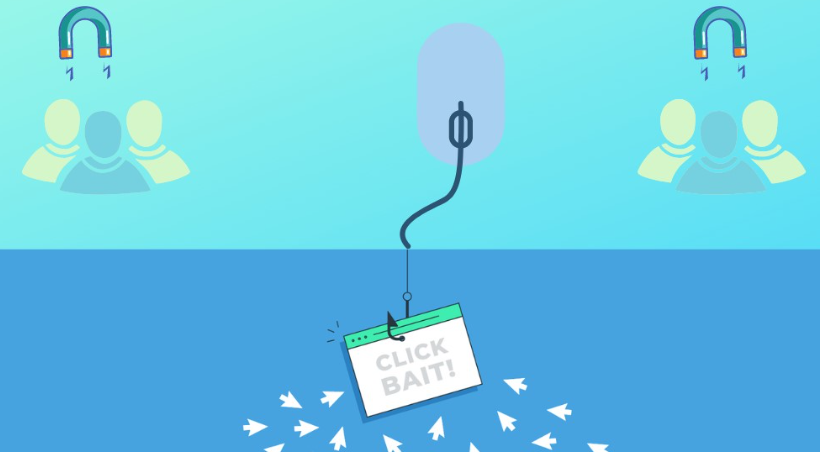Reality versus virality, the Web’s truth detector?

Hello, fellow digital adventurers! Today we dive into the intriguing world of the Internet, where facts, myths and cat videos mingle freely. Are you ready to unravel the mysteries of truth and deception online? Is it true what we find on the web? Think of the internet as one big masquerade ball, everyone is wearing fancy costumes and some of them look super convincing; but behind those masks, who knows what’s hiding? The web is a lot like this party, full of information disguised to impress.
Now, let’s talk about “clickbait,” it’s like the flashy sign that lures you into a sketchy carnival attraction. You see headlines like “This teenager found a get-rich-quick secret!” or “Ten ways to lose weight while eating pizza!” and I can’t help but click. But hold your horses! They are often more fantasy than reality, remember, if something sounds too good to be true, it probably is. Dig deeper, look for credible sources and consult more than one. Investigate like Sherlock Holmes!


Have you ever played the telephone game where you pass a message from person to person and at the end it is completely different? That’s kind of how rumors spread online, a small piece of information can become a huge, distorted snowball. The Internet is fertile ground for these misunderstandings, so always check your facts, in our world of web superheroes, fact checkers wear capes. They are like the night owls of the digital realm, searching for the truth, websites like Snopes, FactCheck.org and PolitiFact are your faithful companions in the battle against fake news.
We all love cat videos, don’t we? They are the moving jewels of the Internet. But what if someone made a video of a fake cat? With the right skills, you can spot the difference between a cute real kitten and a computer-generated kitten. Developing a “lie detector” is crucial in this digital age; the most powerful weapon in your web arsenal is your brain. Use it! Apply common sense and critical thinking when you come across information that seems suspicious, for example, remember when the Internet was convinced that Paul McCartney had died and had been replaced by someone similar? Well, a little critical thinking would have told you that the rumors were simply “Yeah, Right.”


To be a web detective, use multiple sources to confirm what you read, like comparing notes in class. If everyone agrees, you probably have something right; echo chambers are like digital dungeons where your beliefs bounce off you. To escape, follow pages and people with different opinions. It’s like venturing out of your hometown and seeing the world! Being an Internet-savvy teenager means you can be a little skeptical without dismissing everything – stay open to new ideas, but also be on the lookout for anything too outlandish. So, is it true what you find on the web? Well, not always, but with your new web savvy, you’re better equipped than ever to spot the facts and leave the fiction behind.





Responses